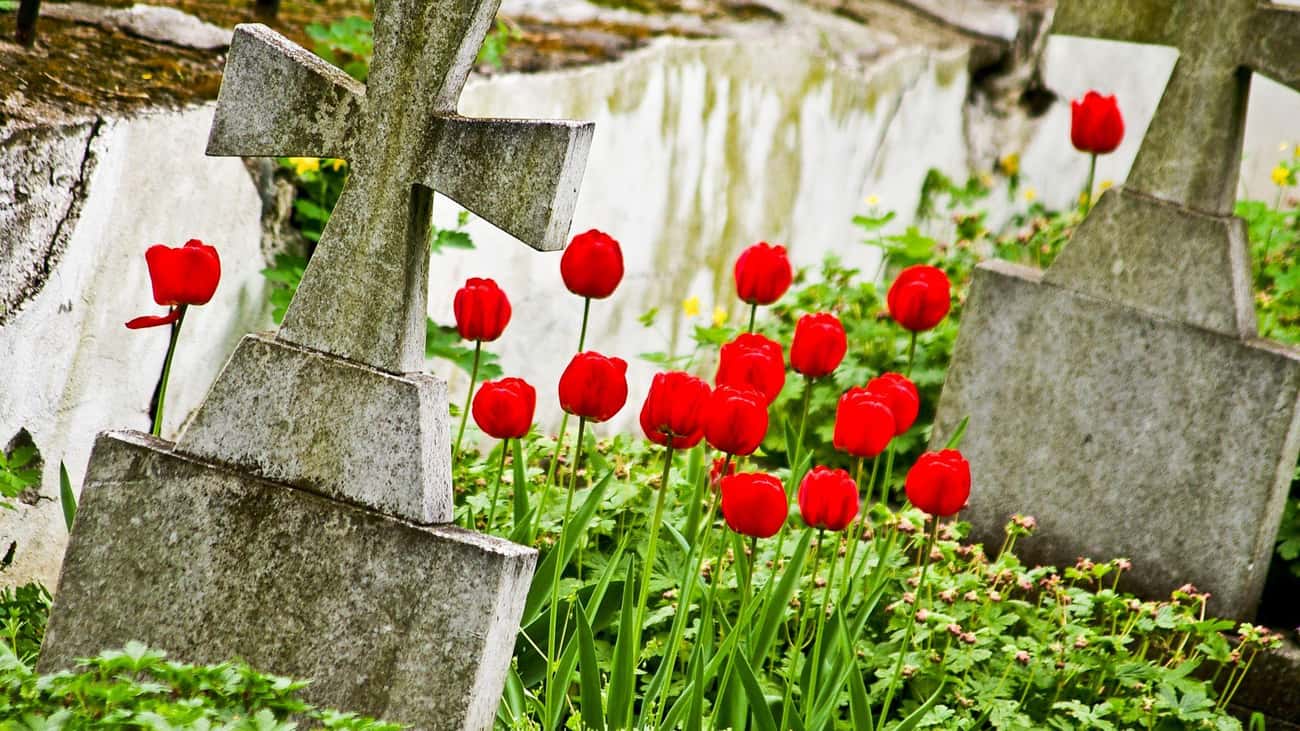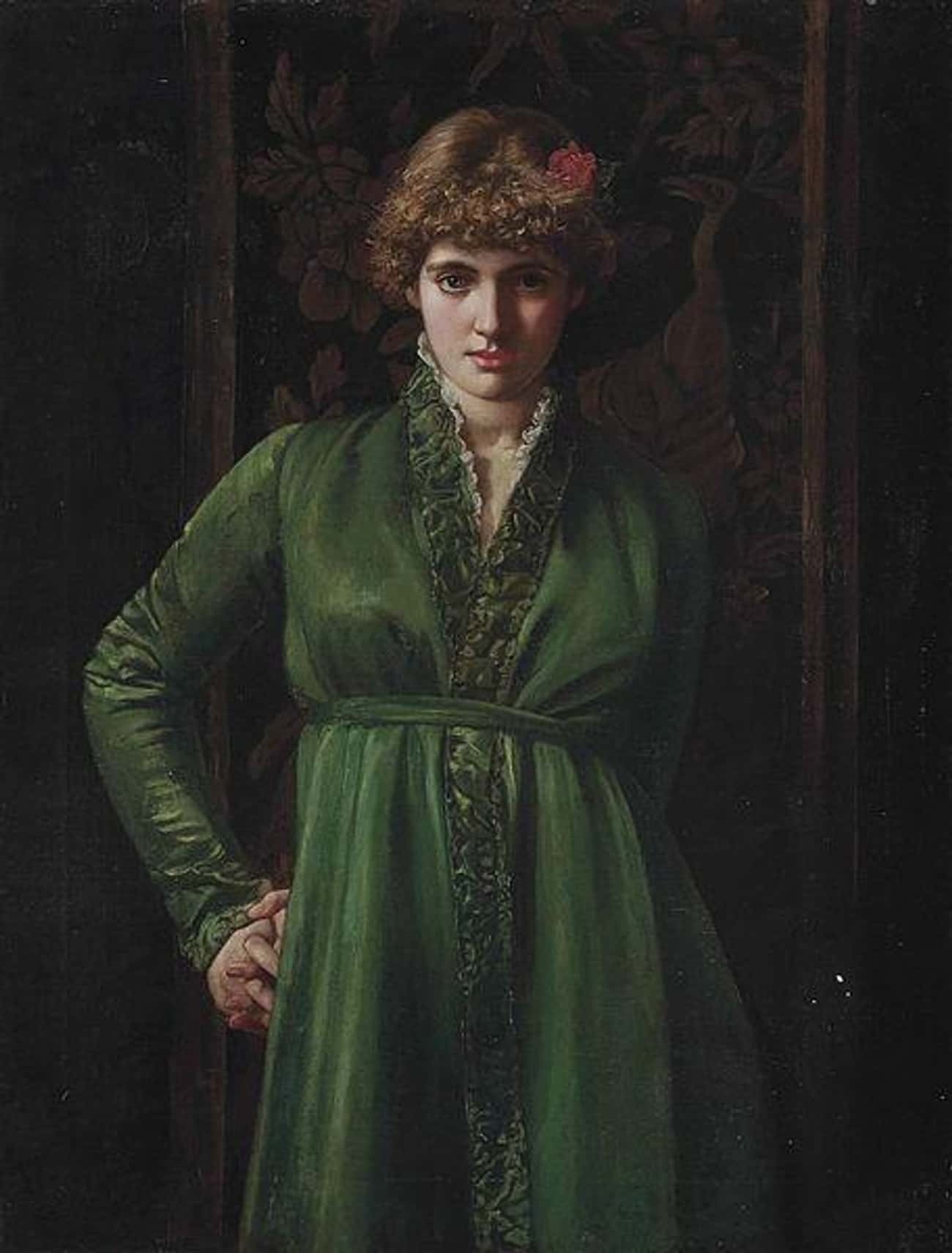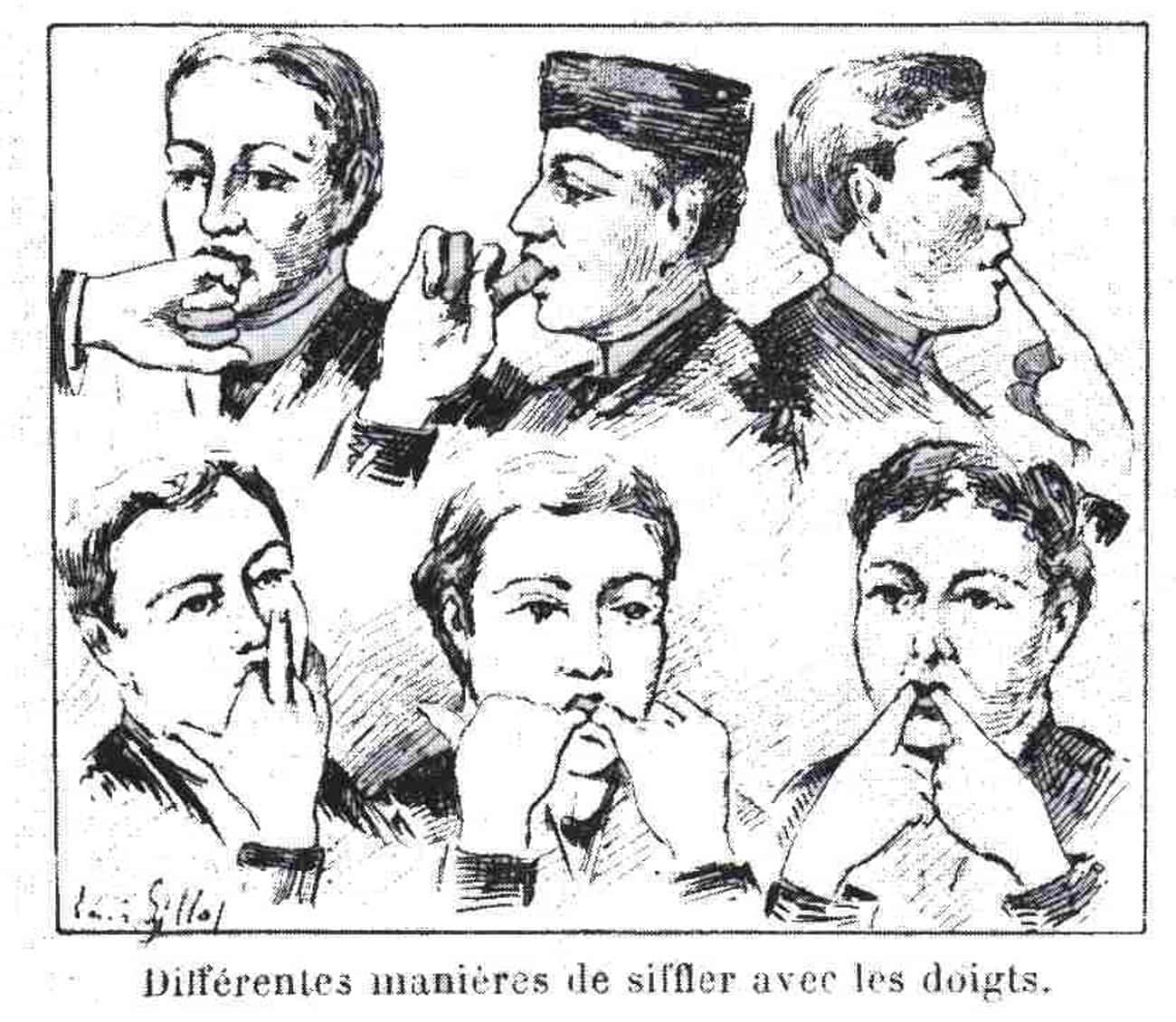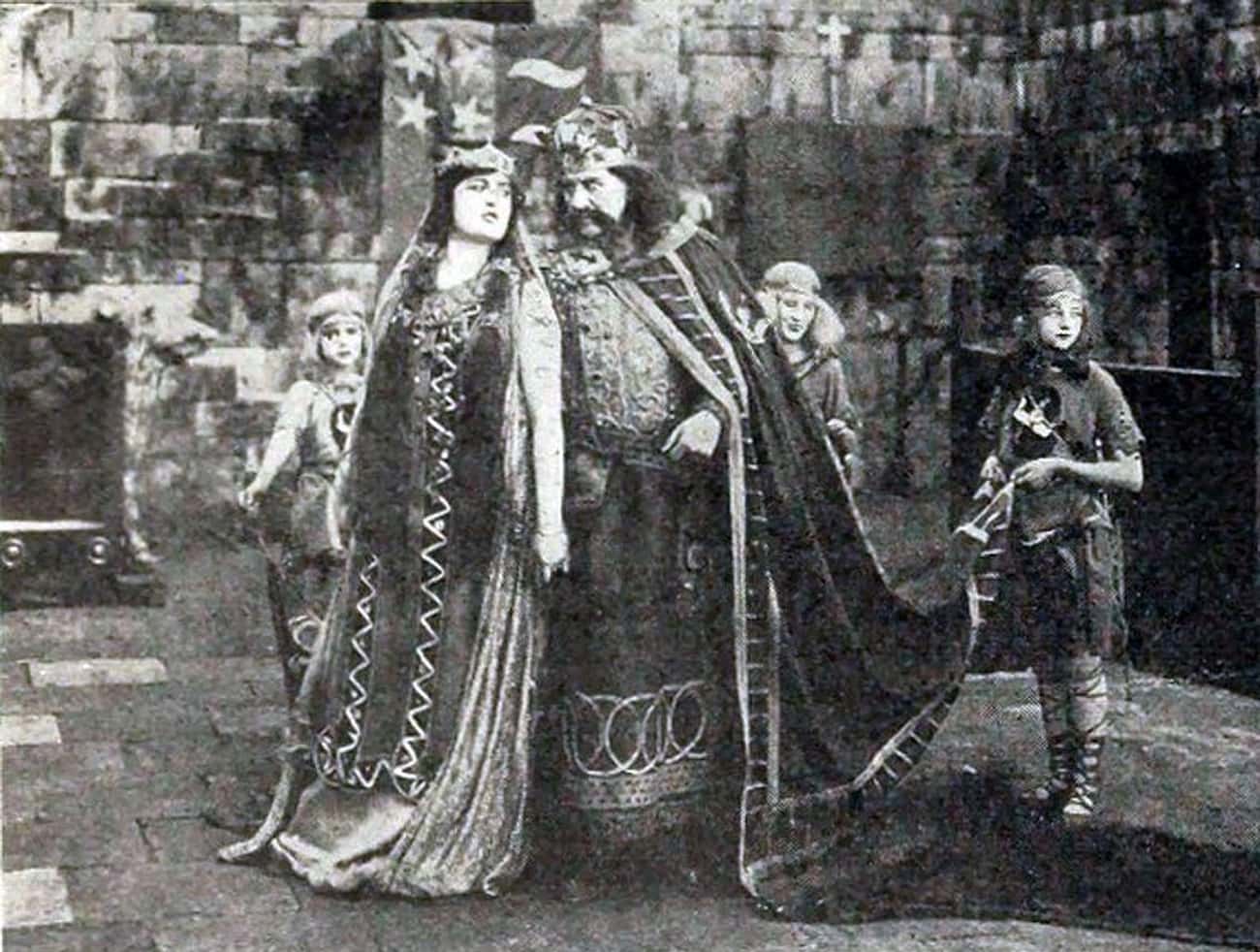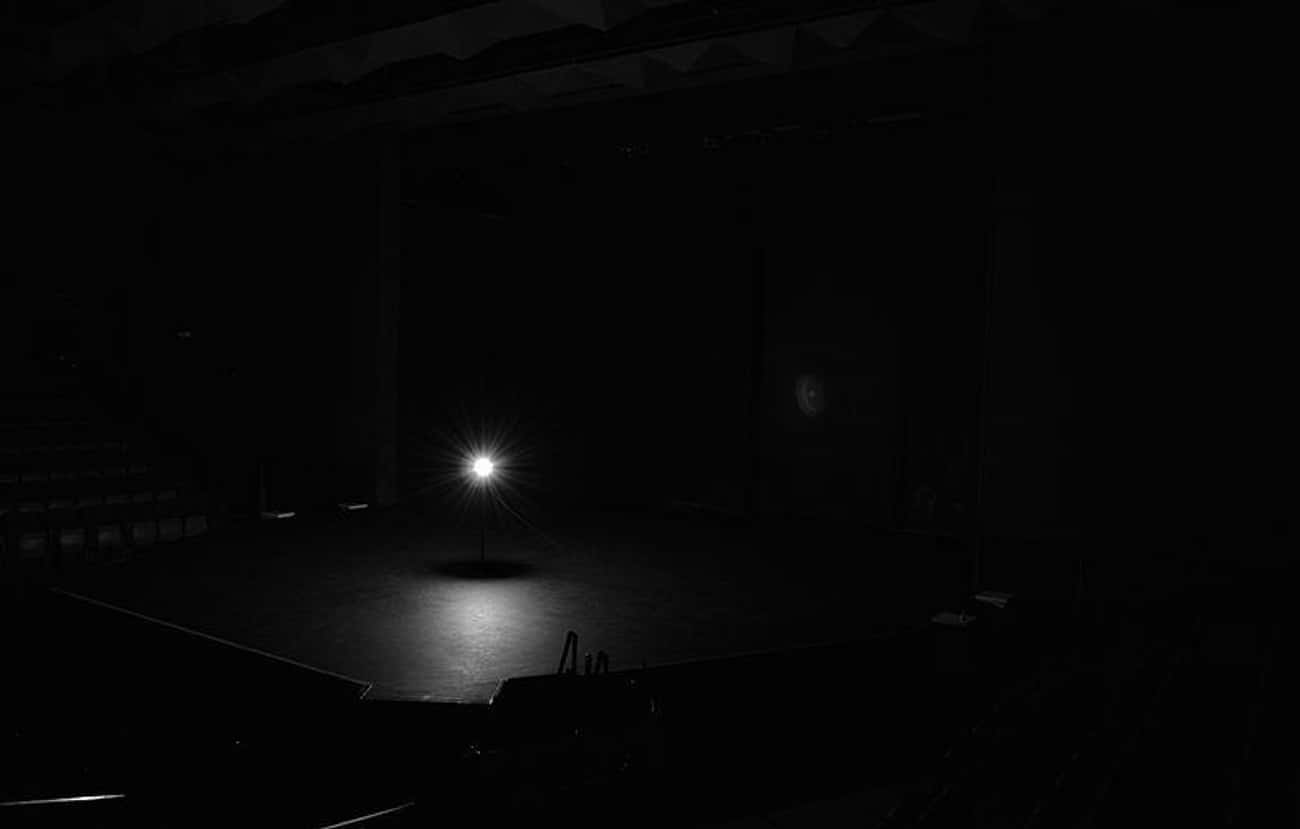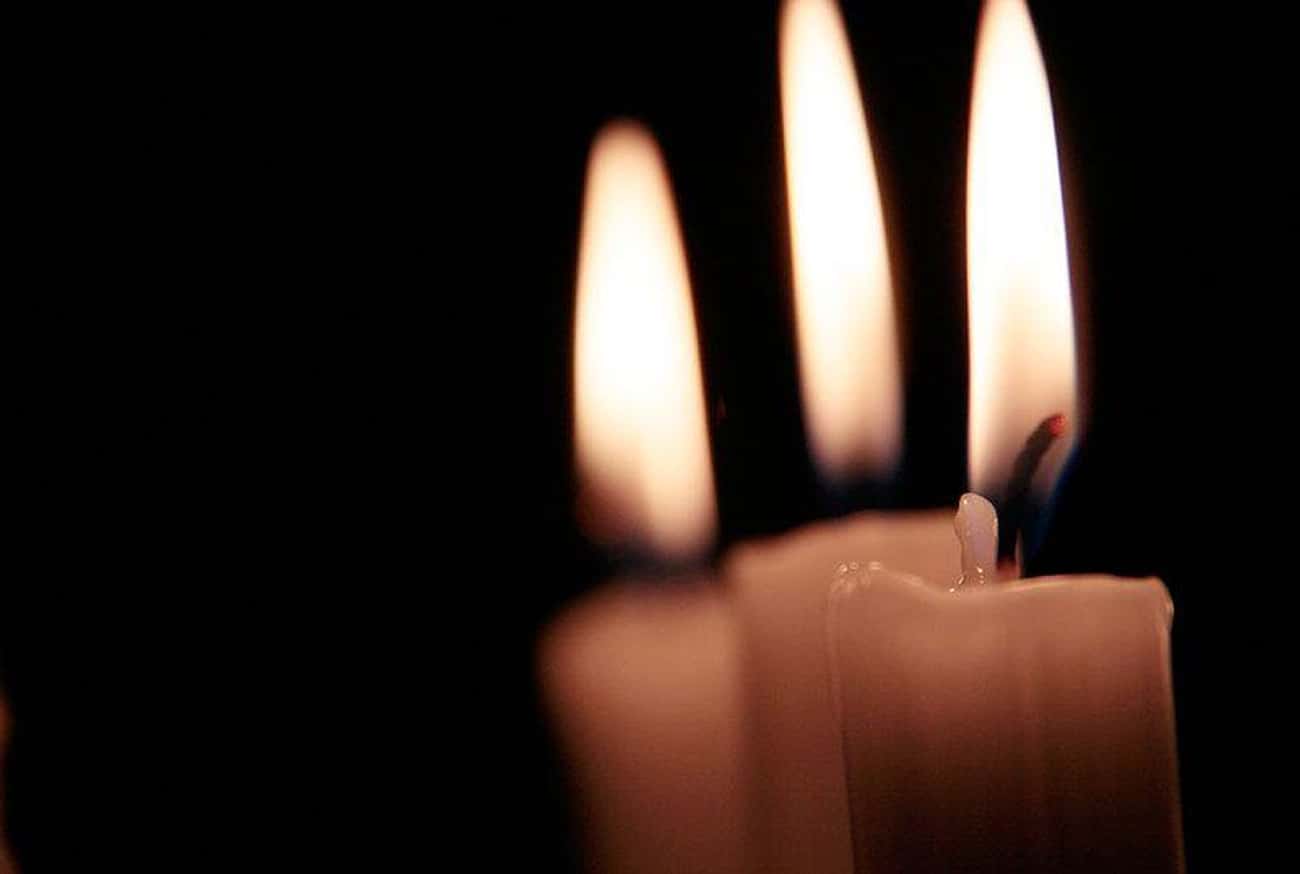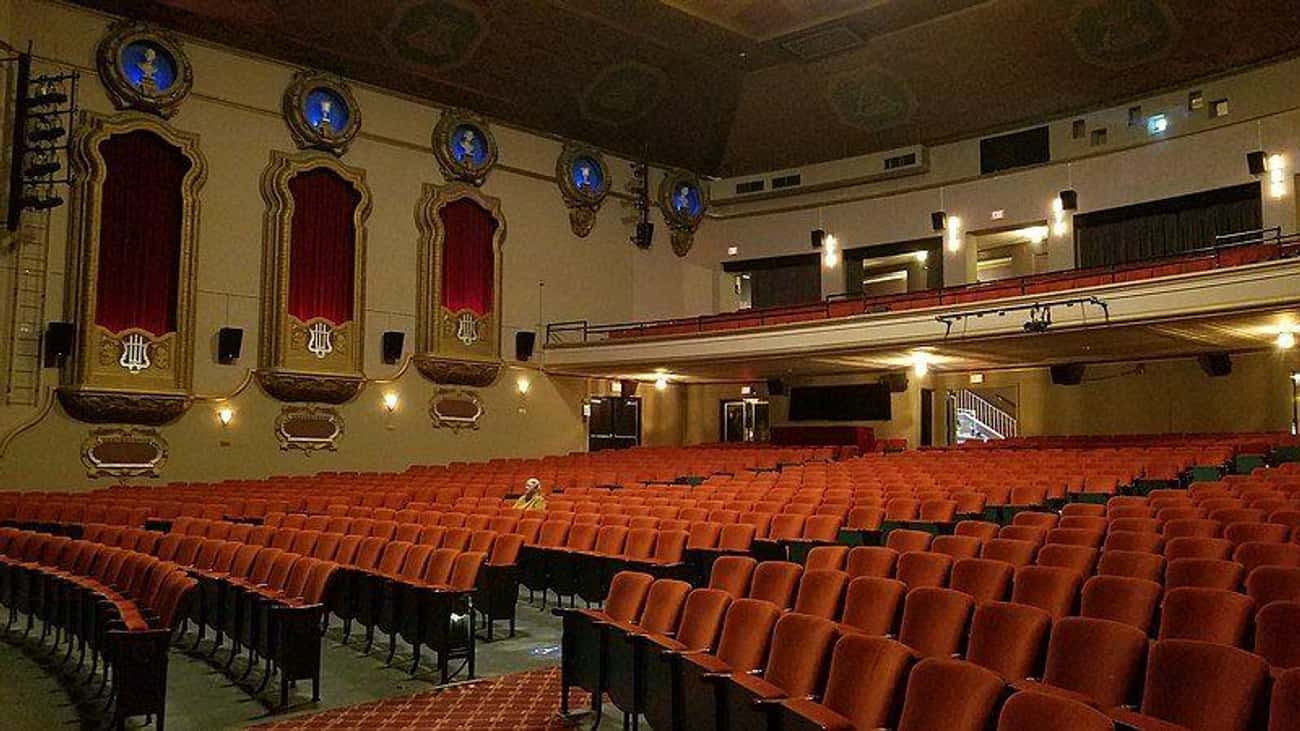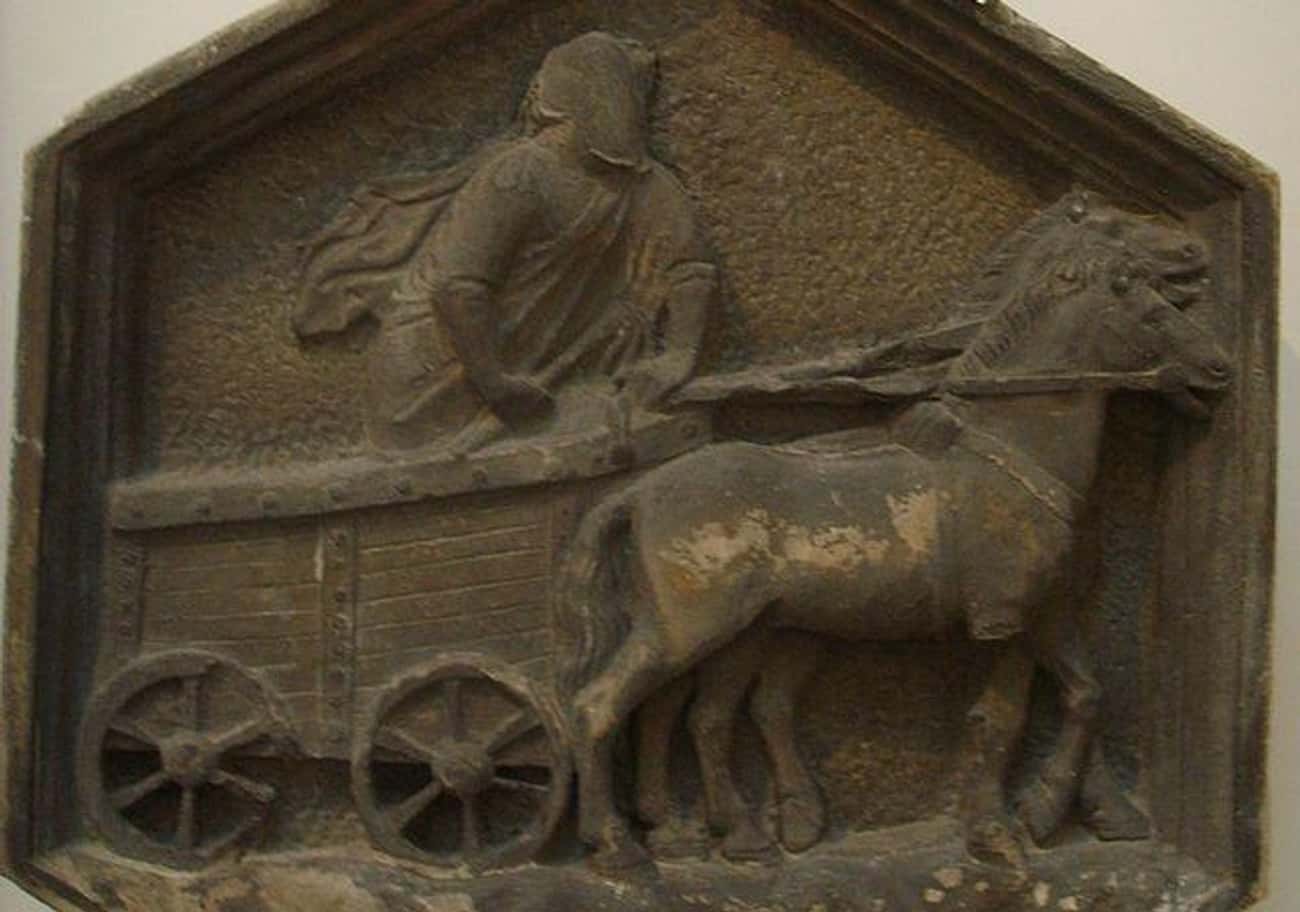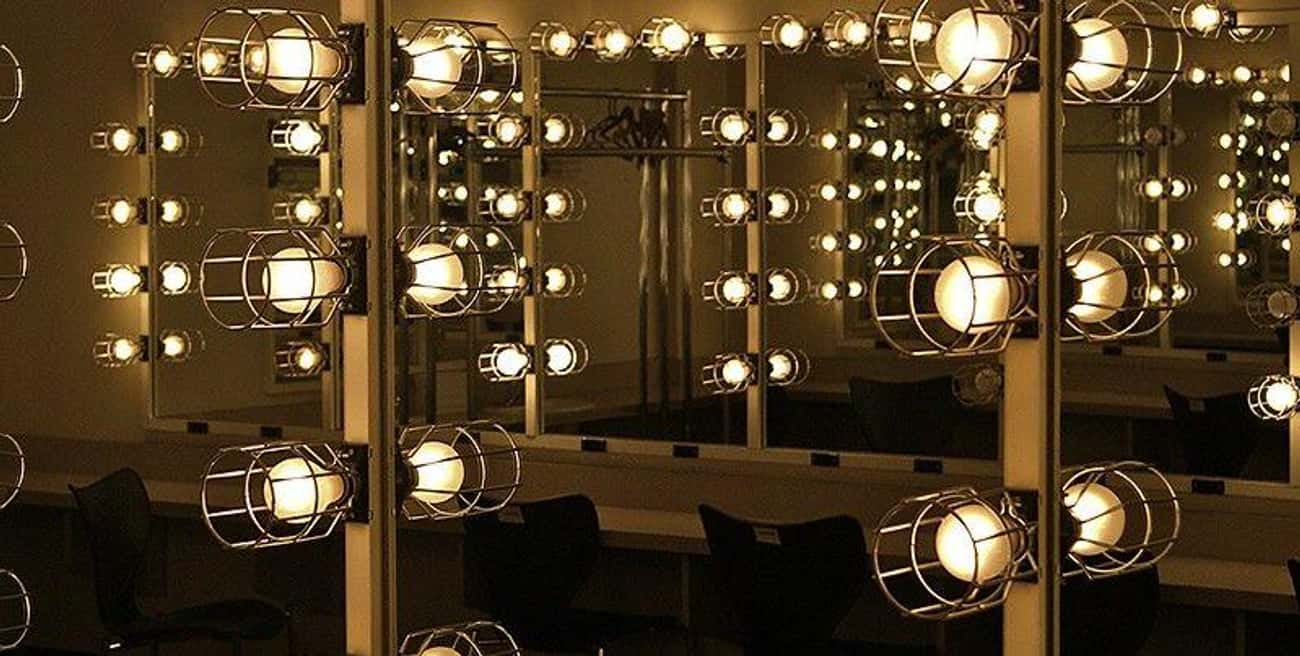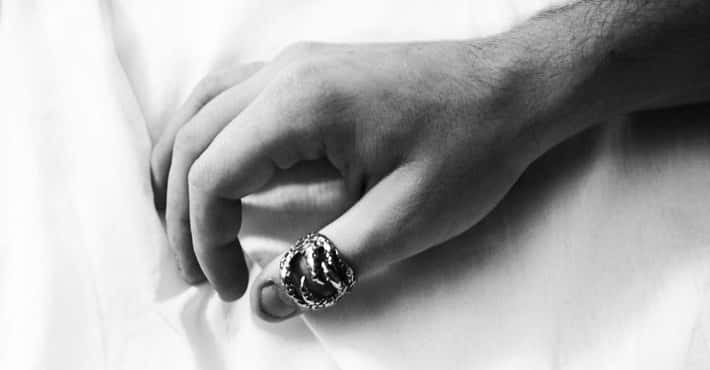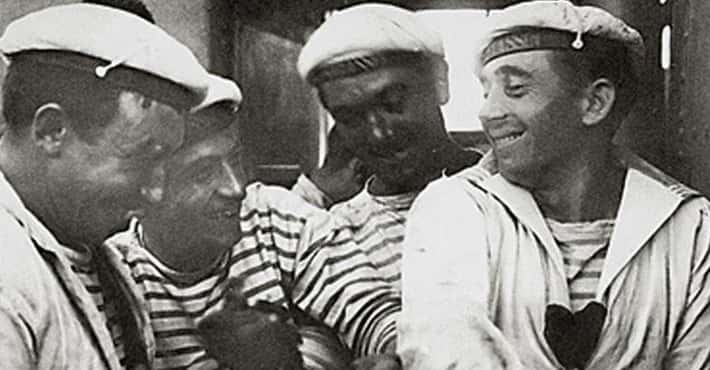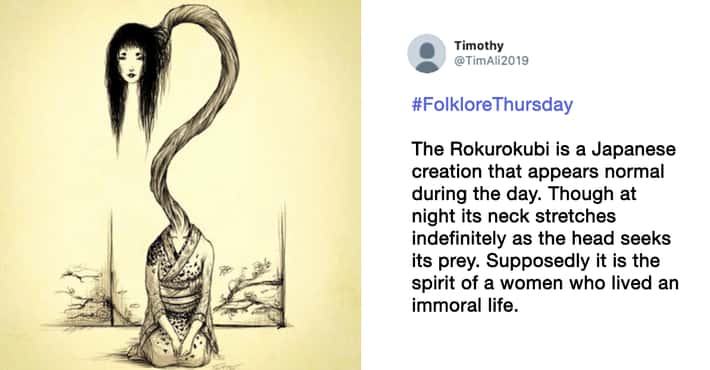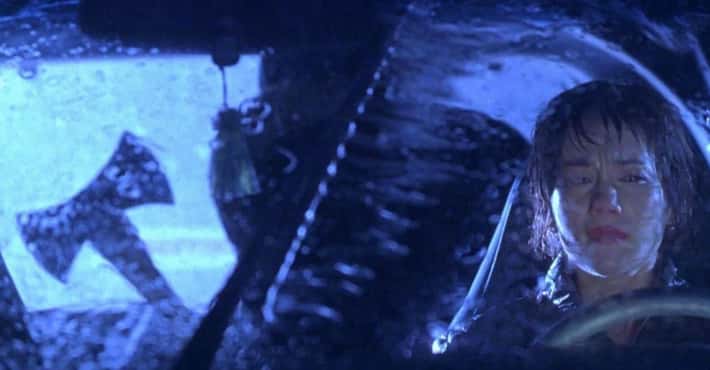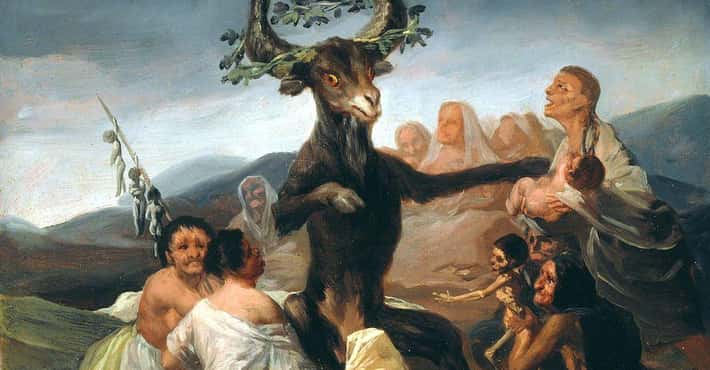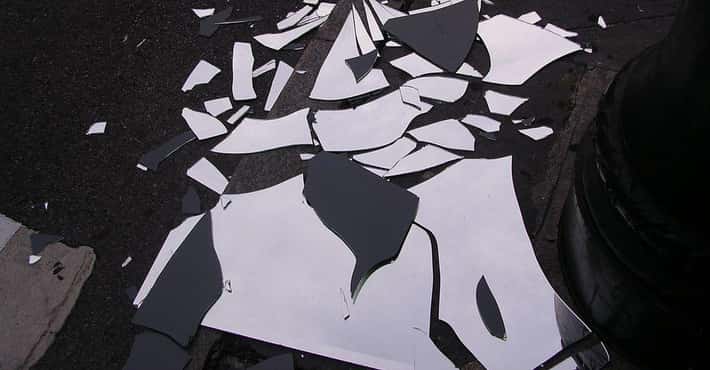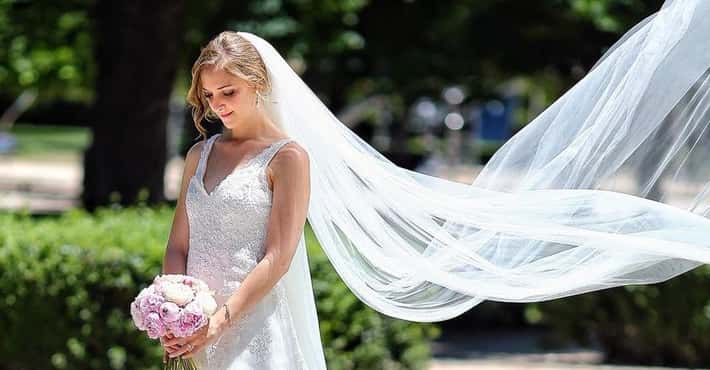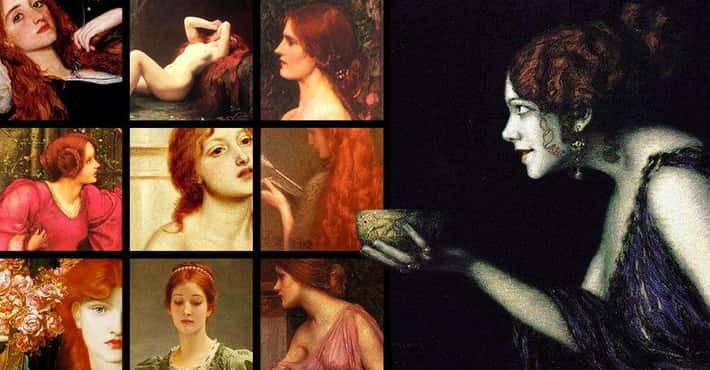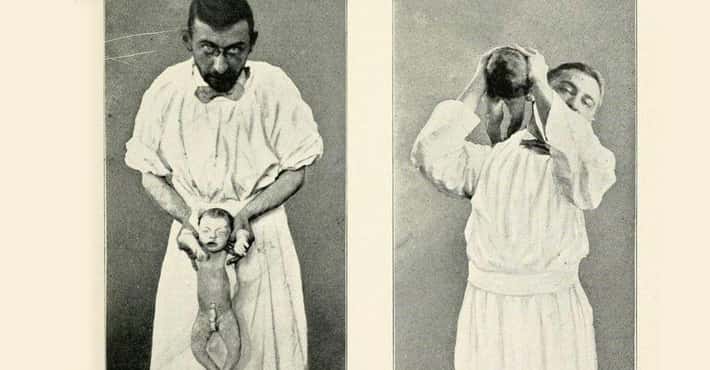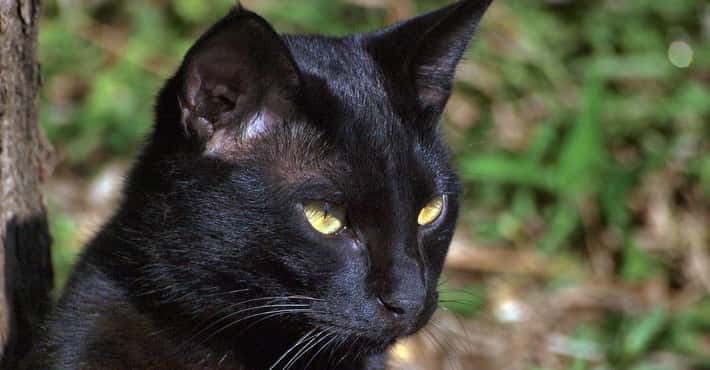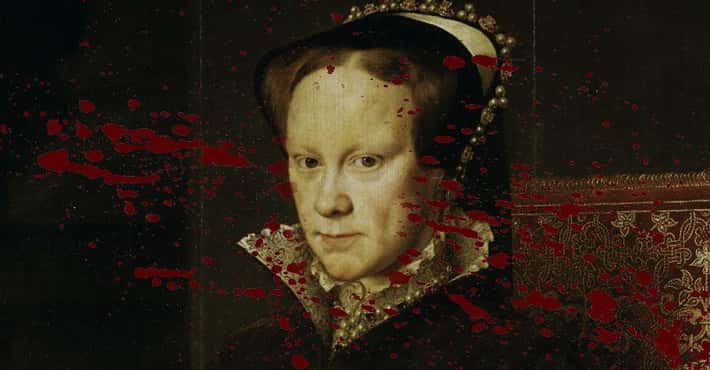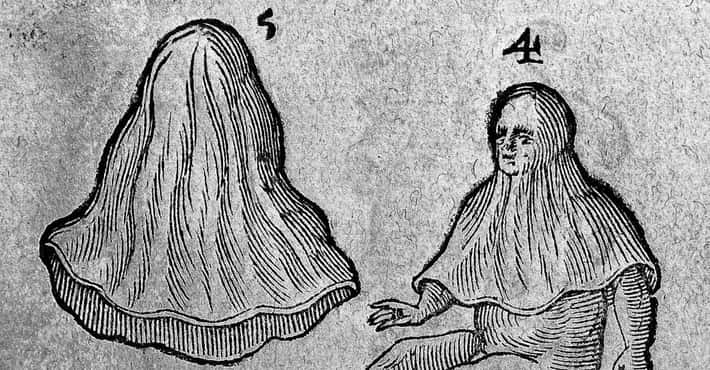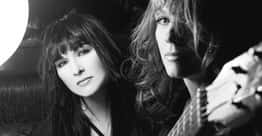The Most Bizarre Theater Superstitions You May Have Never Heard Of
Any activity, after a period of time, will develop folklore, superstitions, or nervous traditions, but few mediums have such a long list of mystical failsafes than theater. Perhaps it’s simply a product of how long theater has been an art form - originating in Greece in the 6th century BCE - or perhaps there’s something about stage performance that invites the attention of… others.
Ghosts, demons, spirits of misfortune - the world of theater plays host to all sorts of phenomena and portents of ruin. But where do all these weirdly specific rules, rituals, and folktales come from? Let’s dive into the strange, sometimes paranoid world of theater superstitions.
- Photo: Ulbrecht Hopper / Flickr / CC BY 2.01158 VOTES
Give The Director Flowers From A Graveyard At The Close Of A Show
Perhaps one of the most complex theater traditions relates to the gifting of flowers. The type of flowers you gift (and when you gift them) matters, as superstition claims these stipulations could have a direct effect on the actor’s performance and the success of the entire show.
For example, giving an actor a bouquet of flowers before a show could tempt fate for accidents and poor performance - unless it's opening night, in which case, it's good luck.
The end of a show’s run, in many ways, is considered a form of death, as the cast and crew put the show to rest on closing night; therefore, the tradition of giving the lead actors and director flowers from graves after the curtain falls on the final show became a common practice to signify the passing of the production.
Some also claim that, because historically actors were not always fairly compensated, pulling flowers from graves was a cost-effective gift option.
- 2147 VOTES
Never Wear Green Onstage
Many consider green the color of wealth, prosperity, health, and growth; however, if you’re a fan of color theory or believe in the spiritual aspects of colors, you know green has a dark side: envy, jealousy, death, and hatred. After all, some people are just “green with envy.” In the case of green’s bad luck on stage, there’s an even deeper, more specific reason many actors avoid it at all costs.
France's greatest playwright, Molière, first rose in popularity in his 20s during the late 1650s. Molière wrote many controversial works of art, and they were often censored for how they mocked society, the monarchy, and the church. The French religious community was continually in an uproar over his work, all while Molière was quietly living with tuberculosis. Despite his worsening condition, however, he continued performing.
Despite the controversy surrounding his work, Molière’s last show took place in 1673 before King Louis XIV. The playwright was clad in a beautiful, brilliant green, though he coughed and gasped throughout the performance. He insisted on completing the show, even as he collapsed and suffered a hemorrhage.
Upon returning home, he died quietly, still wearing his green costume. Likely because of his controversial status, he was refused last rites, causing many to speculate that Molière’s soul failed to arrive in heaven.
Since then, actors have avoided wearing the color on stage, perhaps fearful they might suffer Molière’s same tragic fate.
- Photo: Le Monde Illustrã / Wikimedia Commons / Public Domain3125 VOTES
Never Whistle Backstage
Unlike some of the more paranormal superstitions on this list, the rule against whistling backstage actually comes from old backstage safety procedures. Dating back to the 17th century, before theater's electrification, backstage staff would cue scene changes, music changes, special effects, and stage entrances with distinct whistles or ringing bells; in fact, these whistles have been found notated as “W” in prompt books from the late 19th century.
Some historians suggest that whistling as a form of communication actually stems from nautical traditions of whistling on ships to indicate the lowering of sails and cranes. Because theater seasons tended to align with shipping trade off-seasons, many dockworkers and sailors would get jobs as stagehands due to their experience with ropes, rigging systems, and repairing canvas backdrops.
Considering how large and heavy set pieces could be and the potential dangers of mishandled props or stage weights, whistling at the wrong time could obviously lead to confusion and on-stage accidents. All it would take is an absentminded whistle to accidentally cue a stage change with hazardous consequences.
These days, with the advent of electric light cue systems and intercoms, whistling is no longer used to cue backstage changes; however, this practical use of whistles has now been replaced with superstition, causing many to believe whistling backstage could attract accidents or even tragedies.
- Photo: Unknown / Wikimedia Commons / Public Domain4154 VOTES
Never Say The Word 'Macbeth' Anywhere Near A Stage
Even if you didn’t have the pleasure (or misfortune, depending on who you ask) of being a theater kid, most people have heard of the “Don’t say Macbeth on stage” rule. Or, at the very least, they know there’s something up with the play itself.
Shakespeare’s Macbeth, first performed around 1606, was ostensibly doomed right out the gate. There seem to be two prevailing theories for this: The first is that, allegedly, a local coven of witches took offense to the playwright’s use of real magical incantations and placed a curse on the whole production; the other theory posits that the incantations themselves cursed the play, a byproduct of Shakespeare including spells he didn’t fully understand.
Whatever the true cause - and regardless of whether or not you believe in such powers - Macbeth was plagued by tragedy from the start. Shortly after its debut, the actor portraying Lady Macbeth suddenly died, forcing Shakespeare himself to assume the role. Real daggers would mysteriously replace harmless props, and one such instance resulted in the death of the actor playing King Duncan.
But the play's bad luck isn’t just confined to the 17th century. The year 1849 saw the infamous New York Astor Place Riot, the product of a rivalry between English actor William Charles Macready and American actor Edwin Forrest (both playing Macbeth in opposing productions), ultimately resulting in 20 deaths and more than 100 injuries. More notable accidents relating to Macbeth include unexplained deaths, inexplicable suicides, actors falling off the stage, broken orchestral instruments, and falling stage weights.
According to Dr. Anjna Chouhan of the Shakespeare Birthplace Trust, a more reasonable explanation for the recurring tragedies is simply a matter of statistics:
It tends to run for longer than, say, Cymbeline. When you have more performances, it's statistically more likely that things will go wrong.
Wherever you land on the spectrum of belief, there is a way to break the Macbeth curse: Although the origins are unclear, legend says you must simply go outside the theater, turn around three times, and spit on the ground - curse (hopefully) broken!
- Photo: Ellwood jon / Wikimedia Commons / CC BY-SA 3.05124 VOTES
Always Leave A Ghost Light On When You Leave The Theatre
Ghost lights are perhaps the most infamous and beloved superstition within the theater world. Often a simple bare bulb standing vigil over the stage when all other lights have been turned off, ghost lights likely began as a practical safety tool.
Many theaters feature an orchestra pit between the stage and the audience - essentially a small cliff just asking to be accidentally walked off. The lone light provides visibility near and around the stage, so even if staff should return after closing, they can safely navigate the normal bumps, ledges, and uneven places common on stages.
In regards to the ghost light's supernatural function, reasons vary wildly: Many believe the emotions and energy on stage can somehow charge the very building itself, attracting wandering spirits; the most common purpose is to chase away mischievous spirits that may linger in such a liminal place that sees hundreds or even thousands of patrons every single day.
Others insist the bulb lights the way for ghosts still hanging around, keeping them happy and calm or even providing them a place to dance and perform when the theater is empty. Thousands of personal accounts of supernatural activity often mention seeing shadowy figures or other weird occurrences near the light.
Whether ghosts are truly drawn to these lonely lights or they simply prevent easily avoided accidents, you’ll find most theaters employing ghost lights in honor of this long, fascinating tradition woven into the fabric of Western theaters.
- Photo: waferboard / Flickr / CC BY 2.06132 VOTES
Never Burn Three Candles Together Onstage
Typically, the “rule of three” is considered pretty neutral - whether it’s Newton’s three rules of motion or Christianity's Holy Trinity, sets of three appear often and generally don’t suggest ominous notions; however, theater superstition takes an uncommonly negative stance on threes, especially where candles are concerned.
Originating from the days before electricity, when humans relied on fire for light, you would always find candles lighting the stage for set dressing, visibility, or usually both. The unlucky nature of open flames in a place filled with distracted actors and audience members likely had much more to do with accidental fires than anything supernatural. And how could we forget the common use of highly flammable materials and chemicals throughout the ages (looking at you, Victorians) that open flames certainly had no business being near?
Fires aside, however, the legend claims the person closest to the shortest candle of the three would be the next to marry or the next to die. You may think marriage hardly sounds like a curse, but flipping a coin between marriage and death is quite the gamble.
These days, with modern safety procedures, flame retardant materials, sprinkler systems, and fake candle props, the three-candle rule isn’t a common worry anymore. But some legends can't be so easily extinguished, even by time.
- Photo: Guyslikeus / Wikimedia Commons / CC BY-SA 4.07130 VOTES
Always Say 'Break A Leg,' Not 'Good Luck'
The story behind this particular theater superstition is a bit confusing, to say the least. Theories about its origin range from Ancient Greece (where audiences wouldn’t clap but instead stomped long enough to break their legs) to the notion that spirits would wreak havoc on your wishes and make the opposite come true if you said “good luck.”
The phrase's very first published mention comes from 1921, when literary essayist Robert Wilson Lynd wrote the article “A Defence of Superstition” and posited that wishing someone good luck could push their luck too far and cause the opposite. Instead, he offered a version of reverse psychology he believed would appease the spirits of fate by wishing the worst.
The phrase “break a leg” appeared once more in 1939 in the Edna Ferber's autobiography, A Peculiar Treasure, where she talks of understudies sitting backstage hoping that principal actors would break their legs so they could finally perform.
This reference seems to align with the most popular theory behind the phrase. In theater's early days, ensemble actors would queue to perform and, while not performing, would stay behind the “leg line.” Being in the leg line meant you wouldn’t get paid, so many ensemble actors would hope a performing actor would break their leg, opening up a spot for one of the leg-line performers.
Over time, the saying seemed to stick and became shorthand for wishing an actor the opportunity to perform and get paid. These days, the phrase is so ingrained that saying “good luck” before a performance may earn you some frowns or even complaints that you’re “jinxing” the show.
- Photo: sailko / Wikimedia Commons / CC BY-SA 3.08117 VOTES
Beware Of The Ghost Of Thespis
While few people today are likely familiar with the name Thespis, plenty know the derivative term “thespian.” But who was the actual Thespis?
Little is known about this ancient, elusive figure, but according to what little historical information is widely available, Thespis lived in the 6th century B.C. as an Ancient Greek poet and singer of dithyrambs, songs about stories from Greek mythology. Most importantly, however, Aristotle cited him as the first performer to speak dialogue on stage as a character in a story. In fact, Thespis won the first-ever documented competition for best tragedy in 534 BCE at the City Dionysia in Athens.
So, if Thespis was possibly the first-ever Western stage actor and inventor of the Greek drama, why would we need to fear his very ancient spirit? The legend likely finds power from the common belief that theaters are inherently haunted places.
Many theaters throughout the world have ghost stories - some are haunted by past famous actors or the victims of great tragedies. For the supposedly haunted theaters without a named ghost to wander their halls, the ghost of Thespis has become a placeholder spirit to blame for a number of accidents and misfortunes.
Hauntings attributed to Thespis's ghost often include a trickster element, from flickering lights and mysteriously moving objects to unexplainable noises or voices and shadowy figures.
- Photo: AlexDuarte / Wikimedia Commons / Public Domain9104 VOTES
Never Bring Peacock Feathers Onstage
Peacock feathers have long been the showstoppers among bird feathers for time immemorial. Many cultures, especially Eastern cultures, consider the feathers to be tokens of good luck - but that belief is hardly universal.
For some, the distinctive eye shape at the top of a peacock feather bears too striking a resemblance to the famous “evil eye” from Greek culture. Although many cultures have some variation of an evil-eye curse, the idea remains relatively the same: You can fall victim to an evil-eye curse if a person casts a malevolent gaze upon you.
Most people know of the evil eye due to the popular amulet often worn on jewelry, which features a distinct eye-shaped, blue-and-white bead.
Because Western theater has deep roots in Greek and British history and superstitions, the fear of evil-eye imagery has found its way into theater culture itself. Some people believe having peacock feathers on stage invites the evil eye in and could bring misfortune or even personal injury to the person the evil eye faces.
- Photo: @wewon31 / Flickr / CC BY-ND 2.010105 VOTES
Never Bring A Mirror Onstage
Mirrors have long been a source of superstition, whether they break and cause seven years of bad luck or serve as a portal for spirits to enter the mortal world. While these tales may still apply to the theater world, mirrors are also forbidden for their logistical issues, as well as the belief they will distract particularly vain actors.
Having a mirror under bright stage lights can illuminate places not meant to be seen, cause technical issues for certain effects, or blind actors during their performance.
Although some productions have found ways to incorporate mirrors and break the superstition, many others still refuse to use them, whether for mystical reasons or to avoid the hassle they can cause during a performance.


